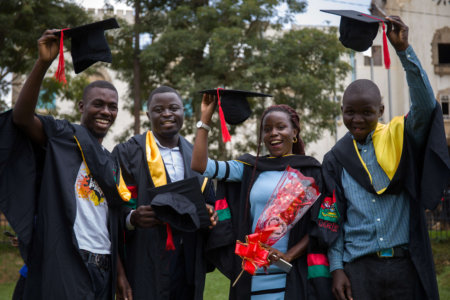
The best African countries for international students have plenty of talent, potential and beauty.
Much of this is yet to be discovered or posted on social media — making it an adventure for anyone who gets to study abroad here.
You get to be some of the first people to discover what it’s truly like to live in Earth’s second-largest and second-most-populous continent in 2023.
There are bucket list places to explore (Maasai Mara for the annual migration of over 1.5 million wildebeest, Victoria Falls which is one of the seven natural wonders of the world, the pyramids of Giza).
And more than just 20% of the world’s land mass and home to 16% of its population, this continent is home to some of the most famous names today:
- Eliud Kipchoge, the Kenyan long-distance runner who holds the world record for fastest marathon run
- Lupita Nyong’o, Kenyan-Mexican Oscar winner
- Dr Tedros Adhanom Ghebreyesus, the Ethiopian Director-General of the World Health Organisation since 2017
- Ahmed Zewail, Egyptian Nobel Prize in Chemistry (1999) winner for his work on femtochemistry (the area of physical chemistry that studies chemical reactions on extremely short timescales )
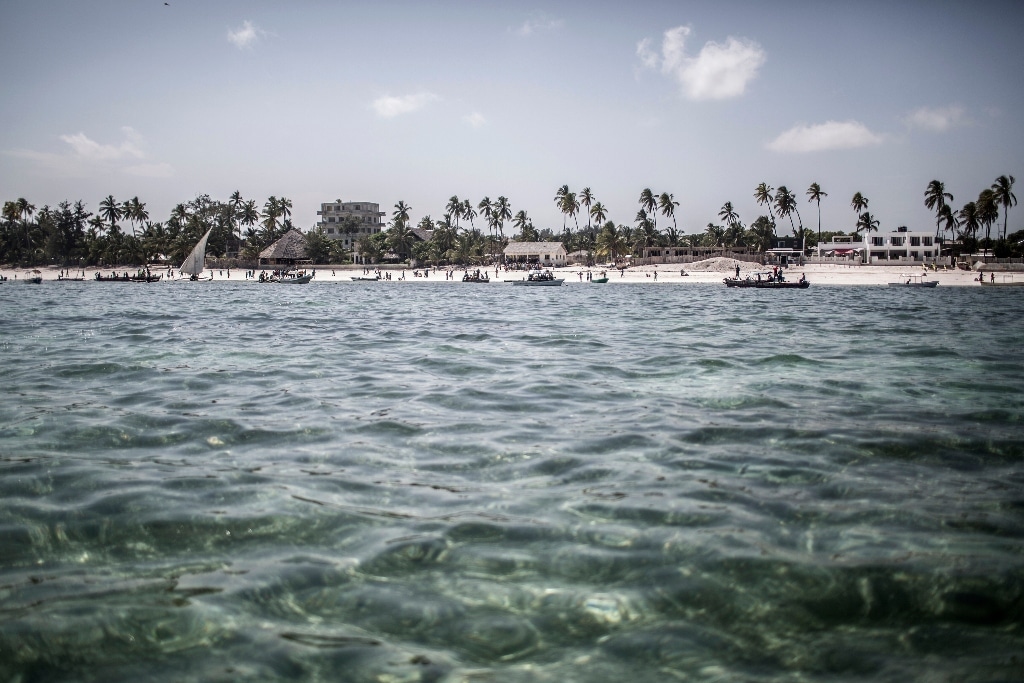
Despite what is shown in mainstream media, Africa has so much more to offer, including white sandy beaches. Source: AFP
The best African countries for international students are home to all of the above and more.
And they are definitely more than what is shown in mainstream media. Africa is more than just a big jungle with wildlife and indigenous communities.
The continent boasts diverse landscapes, from Tanzania and Kenya’s white sandy beaches to the Mediterranean shores of Egypt, Morocco, and Tunisia, as well as the Atlantic coastline of Ghana and Senegal.
Also, lesser-known is the world-class education that takes place in the best African countries.
Whether you’re pursuing a medical degree in urban centres or rural regions, Africa is the place to be. Popular study-abroad programmes in Africa include international relations, international development, foreign languages, and political studies.
Why do many overlook studying in Africa?
For several reasons, many international students often do not choose Africa as their preferred destination for studying abroad.
One significant reason is the perception of educational quality and global recognition. Established study destinations in North America, Europe, and Australia are often perceived as having higher-ranked universities and better research facilities.
Whether accurate or not, this perception influences international students’ decisions who prioritise prestigious institutions and seek degrees with global recognition.
Concerns about political instability, economic challenges, and safety issues in certain African countries can discourage students from considering the continent for their education.
As many international students might not have previous exposure to African cultures, languages, and lifestyles, they may choose countries where it may seem easier to fit in.
Staying within our comfort zone, however, is a missed opportunity. University is a time to be curious and to form a solid understanding of the world.
And the best African countries let us cast aside misconceptions while getting an education and a once-in-a-lifetime experience.
We’ve included estimated living costs as well, which are based on what a single person needs per month without rent in the country’s capital.
Estimated rent is for a one-bedroom apartment in the city centre of the capital.
5 best African countries for international students

Explore the Egyptian pyramids as you study in one of the best African countries. Source: AFP
1. Egypt
Living cost: US$387 per month
Rent: US$187 per month
For over a thousand years, Egypt has stood as a cornerstone of the Arab world. The capital, Cairo, ranks among the most populated cities globally and holds great social and political significance.
If you plan to study in Egypt, you are in luck, as the country boasts some of the best universities in Africa. Here you will find Cairo University and the American University of Cairo, both on Africa’s top 10 list of best universities.
To live here you only need around US$A single person estimated monthly costs are 1,804.6RM (12,009.4EG£) without rent.
Remarkable events like the Abu Simbel Sun Festival and the Islamic holy festival of Eid attract individuals worldwide. You could also explore cultural landmarks like the Cairo Opera House, the Cairo International Film Festival, and the Egyptian Museum.
The only downside to studying in Egypt is the process of securing a study visa which requires quite a bit of planning.
Egyptian consulates based in other countries are not permitted to authorise student visas. International students must first enter the country on a tourist visa and then upgrade to a student visa upon arrival. These visas will be granted if students pass all the necessary requirements.
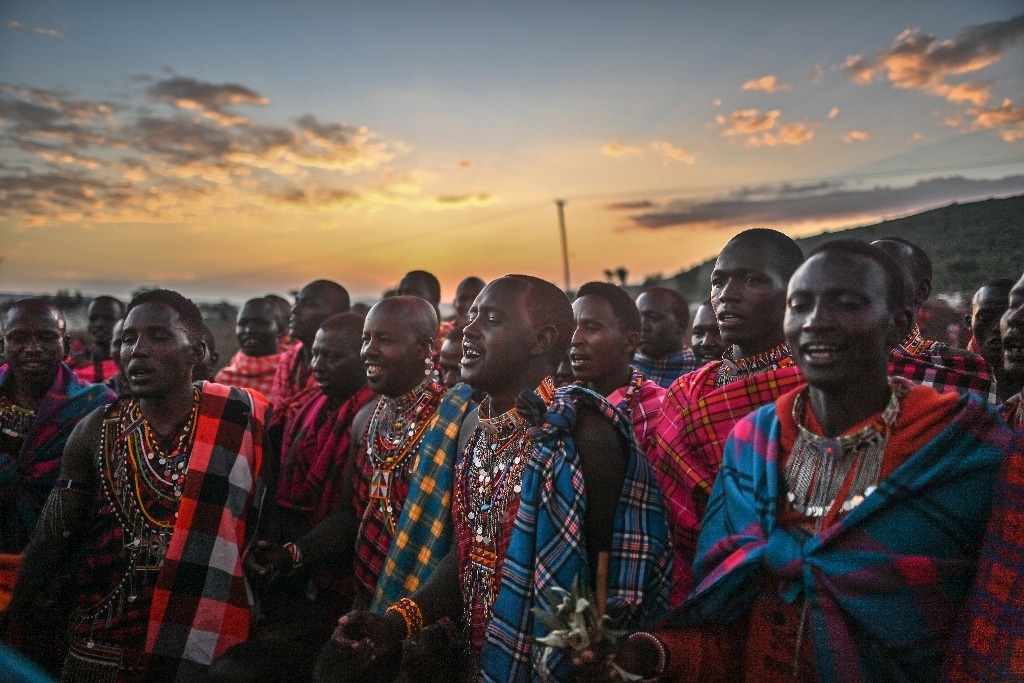
Kenya is an iconic African safari destination and home to the Maasai tribe. Source: AFP
2. Kenya
Living cost: US$473 per month
Rent: US$343 per month
If you are a fan of The Lion King and always wanted to meet “Simba” in real life, you can turn that dream into reality when you study in Kenya.
Kenya is a popular country among American students, with around 1,200 American students choose to study abroad in Kenya each year.
The country boasts wildlife-rich savannahs, stunning wildlife reserves, and national parks, including the Maasai Mara, West Tsavo National Park, Lake Nakuru National Park, and Aberdares National Park.
There are miles of coastline, inland grasslands, and desert landscapes to the north too.
While this country of 39 million has 43 tribes with diverse origins and cultures, English serves as the primary language — all of which add to its appeal.
You can meet the Swahili along the coast, Bantu communities in the central and western regions, and Nilotic communities in the northwest — and understand them all the same thanks to this shared language.
The University of Nairobi, Kenya’s leading educational institution, offers ICT, information technology, and computer science programmes. The university is renowned for producing exceptional IT graduates, many of whom have ventured into creating tech startups that are responsible for reshaping the country.
Kenya’s economy ranks among the strongest in Africa, driven by major industries such as agriculture, oil, aluminium, steel, lead, cement, and tourism.
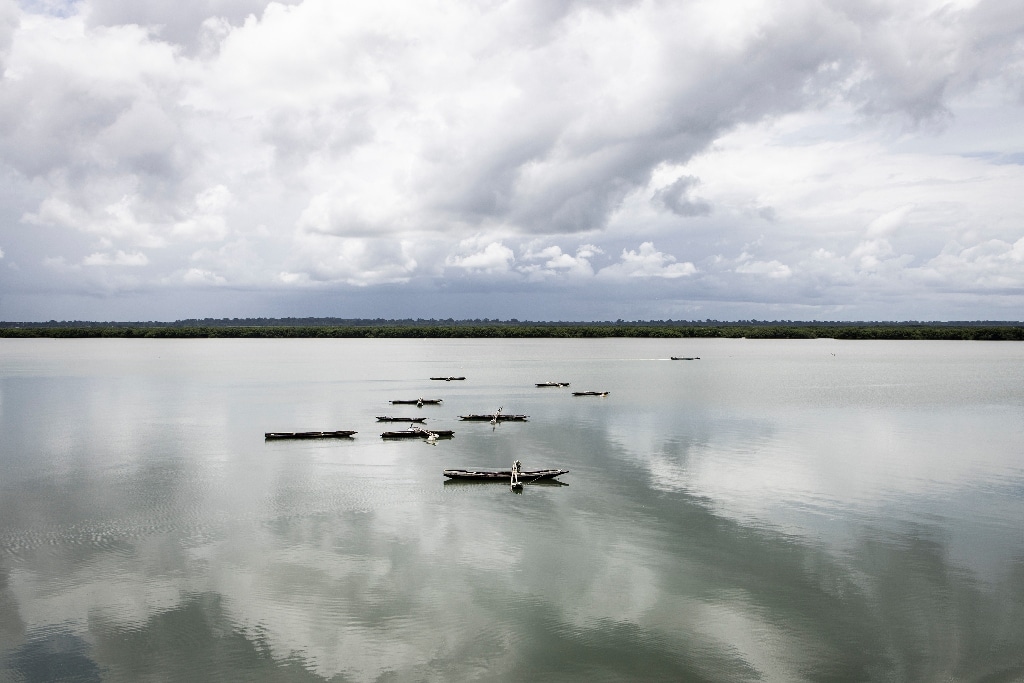
Senegal is one of the best African countries where students can learn while exploring the beautiful landscapes. Source: AFP
3. Senegal
Living cost: US$718 per month
Rent: US$828 per month
Senegal is one of the best African countries for those fluent in French, as it is the country’s official language.
Situated in Western Africa, between Mauritania and Guinea-Bissau, Senegal borders the Atlantic Ocean and maintains a warm and humid climate year-round.
The capital, Dakar, serves as the primary hub for international students and is considered one of the safest cities in West Africa. It is also home to the largest and most esteemed institution, the University of Dakar.
Much like other parts of Africa, there’s no shortage of vibrant culture and landscapes, which include beaches, creeks, plains, and the Senegal River flowing from the east to the north.
Among the popular courses available in Senegal are law, political science, medicine, arts and humanities, science and technology, economics and management.
While students have to pay tuition, accommodation, and meals, these costs are significantly lower compared to European or North American institutions.
If you decide to stay after graduation, there are plenty of economic opportunities available in areas like healthcare, agriculture, fishing, and tourism.
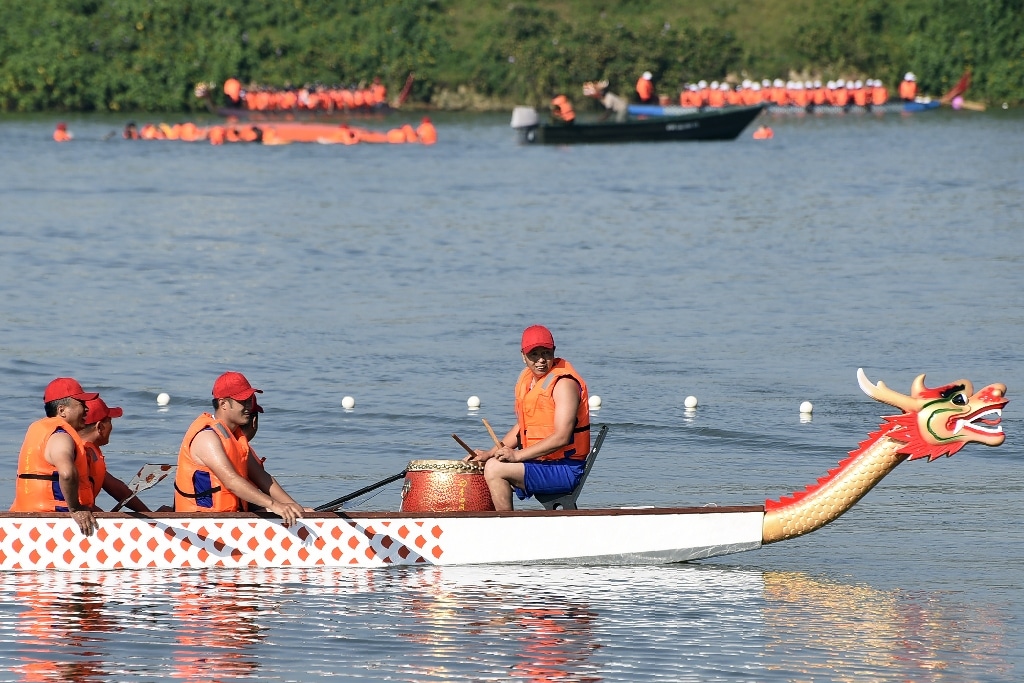
Contestants take part in Uganda’s second annual Entebbe Dragon Boat Race Festival on Lake Victoria on June 16, 2018, at the lakeside city of Entebbe. Source: AFP
4. Uganda
Living cost: US$550 per month
Rent: US$328 per month
When thinking about studying abroad, Uganda probably isn’t the first choice on your mind, but it is one of the best African countries for international students.
The largest city, Kampala, is home to the prestigious Makerere University, ranked 23rd among African universities. Established as a technical school in 1922, it achieved independent university status in 1970.
Study programmes here do not follow the traditional university experience, as there is a high emphasis on learning outside the classroom, where students will spend time on the field being exposed to real-world examples of what they are studying.
Uganda is also an excellent place to study public health as it is a country with excellent public health care. However, many rural areas also lack proper healthcare, so you can improve your knowledge and skills by studying healthcare and making a real difference in the country.
Though Uganda has numerous tribal languages, the official language is English.
When you’re not on campus, you can travel around the country.
Uganda lies at the heart of Africa, boasting extraordinary natural beauty. The landscape is globally renowned, and the stunning Lake Victoria is a key tourist attraction named after a British monarch.
Take in the sights of the River Nile, over 1,000 captivating bird species and the gorilla. Don’t forget to indulge in chapati, a local unleavened bread cooked with a lot of oil too.
Uganda lies at the heart of Africa, boasting extraordinary natural beauty. The landscape is globally renowned, and the stunning Lake Victoria is a key tourist attraction named after a British monarch.

South Africa is renowned for its breathtaking natural landscapes, making it one of the best African countries for international students. Source: AFP
5. South Africa
Living cost: US$547 per month
Rent: US$629 per month
The country offers a diverse range of attractions, such as the picturesque Garden Route coastline, exciting safaris in Kruger National Park, treks in the Drakensberg Mountains. If that isn’t enough, you can explore the wetlands and marine reserves along the eastern coast, among many others, too.
What makes this country unique is all of the above is paired with infrastructure like those in Europe. South Africa is one of the most developed countries in the world, which can explain why its universities are among the highest-ranked in the continent.
The top three universities in Africa are in South Africa, with the University of Cape Town coming in as the best in the continent and 173rd in the world.
South African institutions hold the first eight places of the best universities in Africa. The University of Cape Town, Stellenbosch University, and the University of the Witwatersrand, are highly regarded.
What’s more, tuition fees in South Africa are much lower as compared to many Western universities with comparable facilities and offerings. University of Cape Town, for example, only charges between 2,285 to 4,350 euros (around US$2,464 to US$4,691) per study programme.








